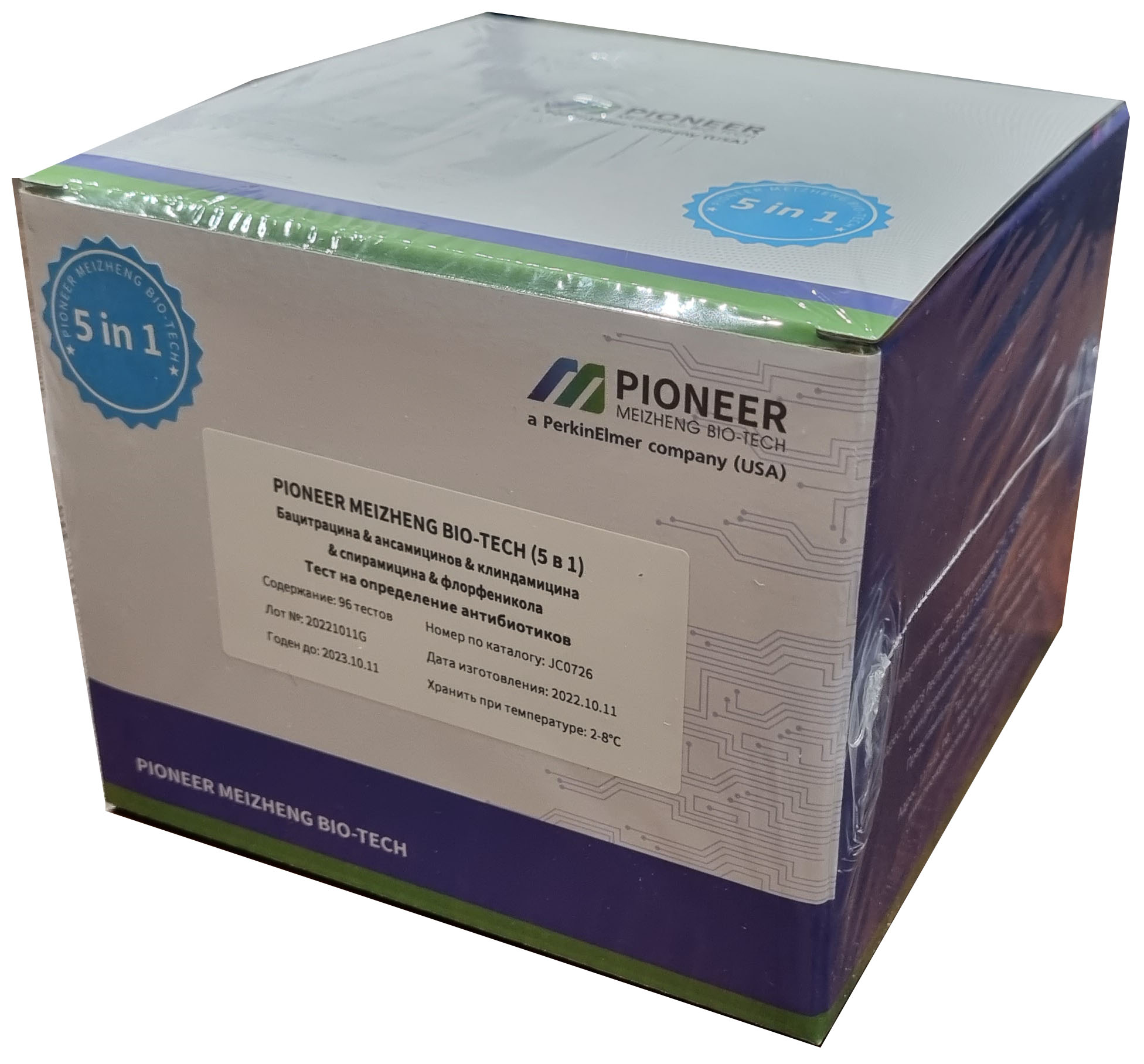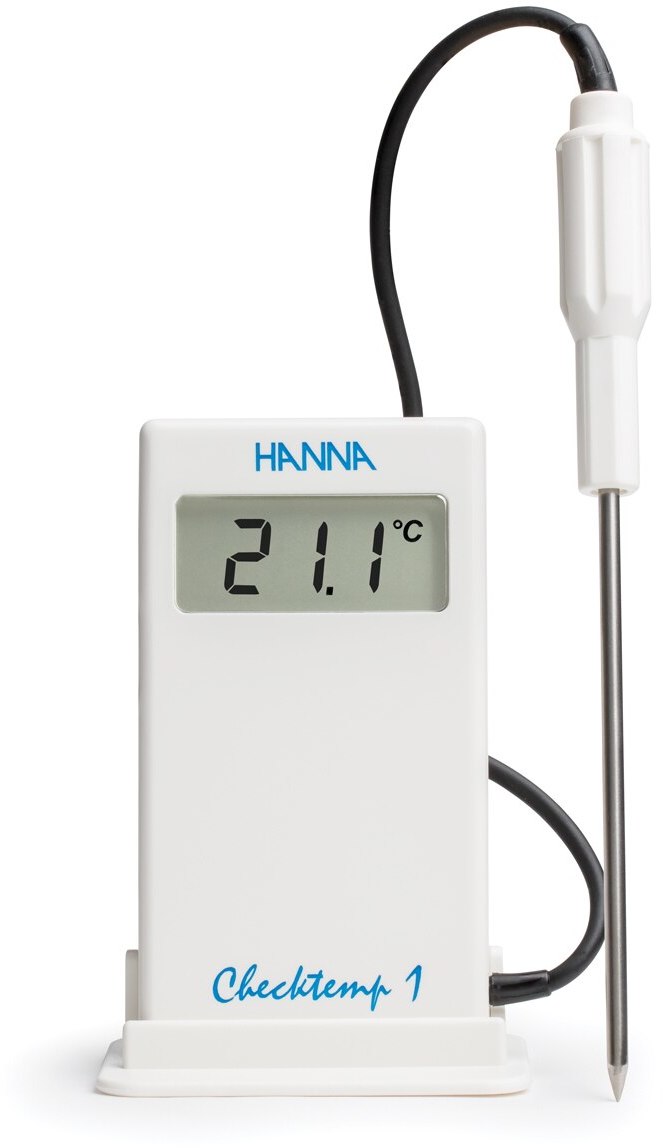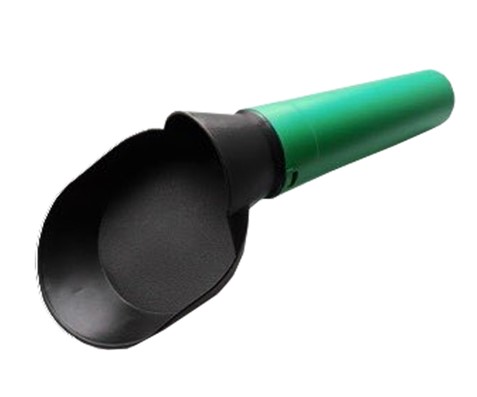What Sanctions Against NSD Mean for Public Debt Payments and Foreign Shares Sanctions
Among the persons who fell into the sixth package of EU sanctions were not only officials, defense enterprises and the CEO of the Yandex group Arkady Volozh, but also the National Settlement Depository (NSD) - the structure of the Moscow Exchange, which keeps records of ownership of securities, as well as settlements on deals. Its appearance on the list can be considered sudden: for example, the partial oil embargo, which became the central measure, was discussed for more than one week, and the disconnection of Sberbank, Rosselkhozbank and Moscow Credit Bank from SWIFT, which the media and European officials warned about in early May, did not come as a surprise.
NSD “plays a significant role in the functioning of the Russian financial system and its links with the international financial system, thus directly or indirectly assisting the Russian government in its activities, policies and resources” – this is how the sanctions against the depository are justified by the European Commission. NSD is almost wholly owned by the Moscow Exchange, which, “in turn, due to its role and shareholders, is under the control” of the Russian authorities.
The European Union approved the sixth package of sanctions against RUSSIA Politics
After being included in the sanctions list, the NSD itself recognized the situation as an emergency. The depository has stopped conducting transactions in euros, however, operations to debit and credit funds in other currencies "are carried out as usual," he said in a statement. “We recommend that foreign currency be credited to NSD's correspondent accounts, taking into account the risk analysis of such crediting,” NSD warned.
How NSD is connected with payments on the state debt of Russia
The Council Regulation of the EU, under the sanctions restrictions of which NSD fell, provides for a ban on the provision of any funds or economic resources directly or indirectly, or for the benefit of persons specified in the sanctions list, explains Natalia Abtseshko, HEAD of the international projects group at Vegas Lex law firm. “With a broad interpretation, the European regulator is likely to consider clearing services as subject to a ban, including the indirect provision of economic resources for the benefit of a sanctioned entity,” she said.
The Ministry of Finance said it was ready to settle the "default" on interest for $1.9 million Economics Read on RBC Pro Pro How to enter the UAE market — a financial service casePro Look for "maniacs" and forget about compromises: five rules for the success of companies Instructions Pro "Defect" of the Eurodollar:how the commodity crisis will change the position of the world currencyPro Let's break through: three keys to success in strategic planning Articles Pro Digitization for elders:how Russians earn money in Uzbekistan Articles Pro Variable logos and fonts:how they are useful for business Articles Pro Amazon CEO: you need to rethink business,when all is well Articles
Due to the increase in sanctions risks since 2016, the Ministry of Finance began to place foreign currency Eurobonds using the NSD infrastructure without the participation of foreign arrangers and international settlement centers Euroclear and Clearstream. Now 15 issues of Russian Eurobonds are being serviced in the depository. Recently, DOLLAR securities issued before 2016 have also been included in their number in connection with US sanctions . The amount of Russian dollar Eurobonds circulating on the market is about $30 billion.
In April, the US authorities banned Russia from servicing Eurobond debts using frozen reserves, and in May they decided not to renew the license that allowed the Treasury to service dollar obligations to foreign investors. The Ministry of Finance replied that it would fulfill these obligations in rubles with subsequent conversion into foreign currency. On the NSD website, investors are invited to fill out special applications for changing the settlement currency. Rating agencies have previously warned that a change in the currency of payments in cases where it is not provided for in issuance documents will be recognized as a default.
After the imposition of EU sanctions against NSD, the possibility of ruble settlements is now also effectively closed, at least for European investors. It is possible to transfer funds in rubles to NSD, but foreigners will not be able to withdraw them from there, says Anton Prokudin, chief macroeconomist at Ingosstrakh-Investments Management Company.
“The recently invented loophole for paying interest and principal on sovereign Eurobonds through NSD, provided that investors open a ruble account and a foreign currency account with a Russian bank (which would still require their consent, since such measures are not provided for by existing agreements), now will not be able to work. It looks like it will not be possible to avoid a default,” says George Voloshin, DIRECTOR of the French branch of the British consulting company Aperio Intelligence. But now the onset of a technical default is a formality, Vladislav Kholodkov, senior lawyer at the RCT law firm, believes.
Default Insurance Regulator Recognizes Russia's “Non-Payment” on Eurobonds Economics
There are still formal chances to avoid default. The EU has established exceptions for the fulfillment of obligations that arose before NSD was included in the sanctions list, provided that the funds are not received directly or indirectly by a person included in the sanctions list, Kholodkov draws attention. As follows from the EU documents, the countries of the union have the right to approve payments from the NSD under contracts or obligations that arose before being included in the list. NSD became a paying agent for Eurobonds before falling under the sanctions.
What will happen to the frozen foreign shares
For Russian securities holders, the inclusion of NSD in the EU sanctions list means blocking transactions (including making any payments) on all securities that the Russian depository held on behalf of clients in the European clearing organizations Euroclear and Clearstream, says a representative of the Bondholders Association (ABO). In addition, funds in foreign currency placed on client accounts with NSD will be blocked, Dmitry Polevoy, Investment Director of Loko-Invest, points out in a review.
Difficulties may also arise with the conversion of depository receipts into Russian shares, including those that were delisted from foreign exchanges after the entry into force of the relevant law. “It is not yet 100% clear how the conversion of depository receipts into Russian shares will work. The scale of the asset freeze is still unclear, ”said analysts at the Sinara investment bank in their commentary.
Difficulties with conducting transactions involving NSD and European depositories began with Russian owners of foreign securities in early March, after the imposition of sanctions. It was specifically about securities traded on foreign exchanges, the measure did not affect securities from the St. Petersburg Exchange (the site specializes in foreign assets). As a representative of Aton reported, at first, the terms of transactions in foreign securities owned by Russian investors were significantly increased - they were carried out manually. Then the bridge between NSD and the European depositories was blocked. On March 17, NSD reported that Euroclear "does not comply with any instructions to conduct securities and cash transactions, including instructions to engage in corporate actions in foreign securities."
The Central Bank has limited trading on the stock exchange with some foreign shares
A week later, it became known that another European clearing house, Clearstream, blocked NSD's account. Clearstream explained that the decision to resume operations on it will be made "on the basis of the consideration by the competent regulatory authorities of Luxembourg of the requested documents and information regarding NSD."
“What was blocked de facto is now blocked de jure,” summarizes Alexei Timofeev, head of the National Association of Stock Market Participants (NAUFOR). He adds that it is now “totally clear” that the bridge between NSD and European depositories will not be restored. Although earlier participants in the Russian market expected to resolve the current situation. Thus, Oleg Vyugin, the head of the Supervisory Board of the Moscow Exchange, proposed partially disclosing information about Russian securities holders in order to exclude the transfer of payments to investors who fell under sanctions, which was feared by European counterparties.
Now unlocking assets and restoring the bridge is possible only when sanctions are lifted or licenses are obtained. To some extent, this is even a positive moment in the current situation, Roman Goryunov, head of the SPB Exchange, said, speaking on the air of the BCS Live channel. “On the one hand, the situation is systemically unpleasant for the market, but for this particular situation [unlocking payments and assets], it has a shade of additional hope: the situation was incomprehensible, there were no legal grounds. Today's decision means that there is a procedure for obtaining licenses, there is a body that issues these licenses. Perhaps, from the point of view of the appearance of certainty, it creates additional opportunities, ”Goryunov is optimistic.
Dietary supplements and vitamins in EAPTEKE. Fast shipping. Medicines at competitive prices. Discounts and promotions. Vitamins for all occasions. Order on the site!



























































